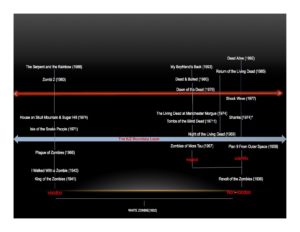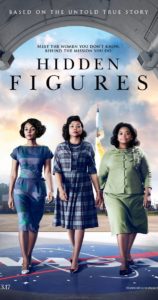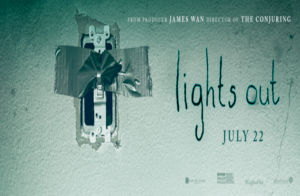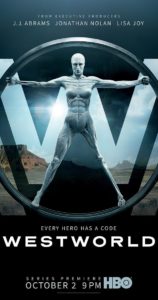So I have been working on a presentation that I intend to pitch to our local SF conventions, a history of zombie films. I’m treating the movies like an evolutionary tree and it’s been a challenge, a fun one, putting the presentation together.
Here is one of the slide to give you an impression of how the thing is looking.
The downside has been some of the research. Now mind you no one at all is making me watch any film. It’s just that your host and narrator is a bit of a masochist.
Hell of the Living Dead, a low budget Italian rip-off movie, (they even steal who music cues from the 1979 Dawn of the Dead)truly tasked me. I couldn’t watch more than 20 minutes at a time and so it was over several night before I completed that one. From the look of it I’d say the producers couldn’t afford to have more than 8 zombie extras in any single scene. It also boasted the least convincing military special forces unit ever. From their equipment, their ‘tactics’, and utterly non-uniform hair, nothing about these men resonated as anything other than second rate actors trying to look tough. Besides insulting the military the film also offended anyone with a care for the social sciences. Truly I had never heard of naked anthropology before. It was the second most gratuitous nude scene I had witnessed. (The first goes to the Roger Corman production of Forbidden World where two female characters have a shower in order discuss what to do about the rampaging killing monster.)
I also watched Shock Waves, an early film with NAZI zombies and Peter Cushing wishing desperately he was back aboard the Death Star. Really, given nothing to do but repeat bad exposition that had already been given in a prologue voice-over, Cushing still performed like a champ and a professional. However this film was a load of slow nothing with aquatic NAZI zombies who can apparently be killed by having their eye-gear removed.
Oh well, this Sunday I go the Universal Studios Hollywood and tat will be fun and relaxing.




